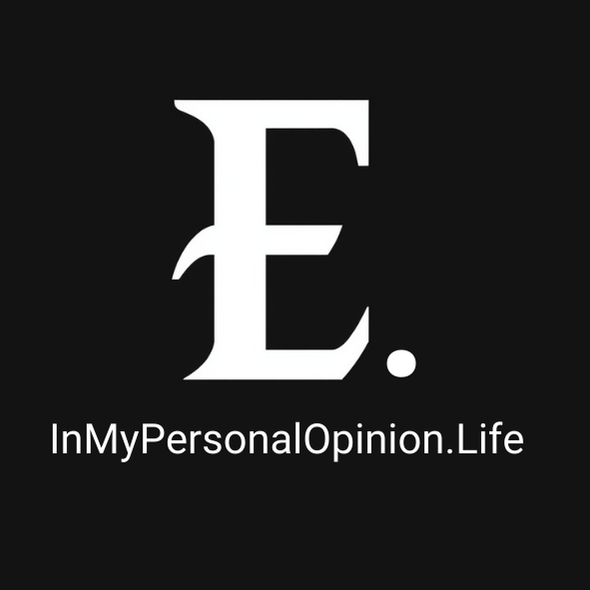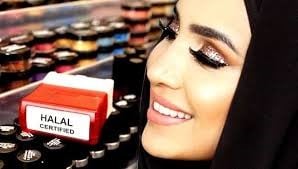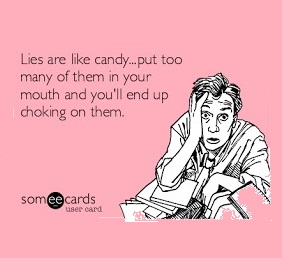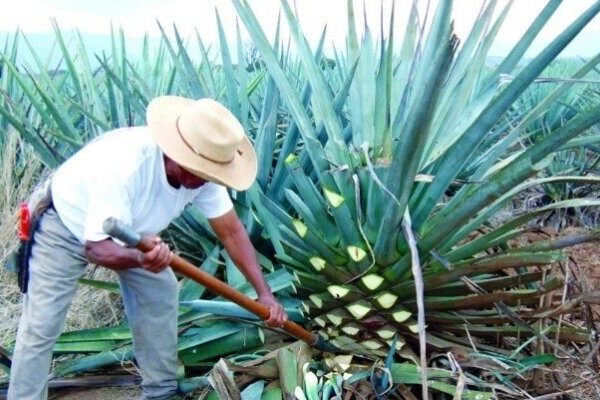It was not until I was meandering down the Javits aisle at the recent In-Cosmetics event that I even thought about Halal cosmetics. Halal food markets are widely available in New York, so the halal concept was not new; however, the idea of halal applied to cosmetics was totally different.
Halal
For Muslims, the term “halal” means permissible. In relation to food, it specifically refers to anything that does not contain alcohol, pork (or pork products) or derived from any animal that is not slaughtered according to Islamic law and traditions (similar to the concept of Kosher).
In the world of cosmetics, the term includes a review of ingredients as well as the source of the ingredients and the manner in which the product is manufactured plus the avoidance of animal testing and animal cruelty.
New Huge Market
Since 2013 the manufacturing and sale of halal cosmetics has increased significantly, with sales estimated to reach $60 -73 billion within the next decade. Halal cosmetics are filling a void in the industry as there are more than 1.7 billion Muslims in the world, equaling 23 percent of the global population (Pew Research Center). Fifty-two percent of Muslins are under the age of 24, and this emerging younger generation are very health conscious consumers. Their purchasing power has increased the demand for halal cosmetics motivating companies to diversify their product lines and apply for halal certification in order to export to many countries.
Other major incentives for companies to enter (or expand) into the halal cosmetic market include the increasing health issues among domestic and international consumers combined with a growing awareness among Muslin consumers of their religious obligations.
Omitted
The exclusion of Middle Eastern women from the beauty industry has been based on politics. For some brands these women have been excluded from marketing campaigns because the corporations fear a backlash. Western audiences are not accustomed to seeing Muslim women – except on the news as oppressed people. Western media portrays the Middle East as a terrorist haven or fundamentalist desert. Some marketing efforts suggest that if you wear a hijab or other religious apparel you could not possibly care about beauty.
There is a long history of makeup, bathing and dress-up in the Middle Eastern culture which the Western world has adopted as their own and it is apparent in the perfumes, kohl eyeliners and other rituals that women practice when they primp. Muslin woman do not like to be marginalized and their preference would be to buy products through mainstream sources such as Bloomingdale’s and Macy’s.
Do Not Be Misled
It is important not to confuse halal with vegan. Vegan products do not contain any animal byproducts; however, they can include alcohol. Many halal-certified brands use Islamic Sharia law compliant ingredients that, perhaps, would not be considered entirely ethical by brands that promote sustainability such as silicone-polymers, dimethicone and methicone.
Silicone – polymers are like plastic wrap and form a barrier on top of your skin. This barrier can lock in moisture, but it can also trap dirt, sweat, and other debris. They can clog pores but manifest as dryness and dullness instead of acne. They can also throw the skin’s natural regulatory processes off balance.
Research suggests that dimethicone exacerbates acne because it forms a barrier over the skin and traps moisture, bacteria, skin oils, sebum and other impurities. It is also noted that the product is damaging the environment because it is non-biodegradable and therefore can pollute the environment during the manufacturing process and after it is used in the disposable process.
Methicone can lead to acne and blackheads on the skin as it traps everything beneath it such as bacteria, sebum and impurities. The coating inhibits the skin from performing its usual functions: sweating, temperature regulating and shedding off dead skin cells. It can cause or increase skin and eye irritation and may stimulate allergic reactions. It is also considered harmful to the environment because it is non-biodegradable.
Halal Certification
Some companies greenwash their products with misleading or vague terms that make consumers THINK they are buying organic; however, they are not being totally honest. In order to be Certified Halal, companies must go through a rigorous review process before being permitted to add the halal label.
Companies cannot claim to be halal certified without third party certification – such as the Islamic Society of the Washington Area (ISWA). The organization audits the entire production process, not just the products. In addition, all companies must have government registered facilities. They also require testing for porcine (swine/pig) DNA and salmonella, with protocols for testing alcohol levels being introduced.
If you have taken the time to review the ingredients on your favorite lipstick or eyeshadow it is a challenge to determine the derivation of the ingredients, in many cases it is impossible to even pronounce the raw materials. It is very likely that favorite beauty products include ingredients that are derived from animal fat, hooves, or other body parts.
Truth or Dare
Animal testing may be prohibited in many countries; however, there are several mainstream companies that continue to test on animals in countries where animal cruelty laws are permitted, including China, Korea, and Russia. These countries have the largest cosmetic manufacturing plants that supply some of the world’s largest cosmetic distributors.
In some western, South American, and European countries (including Canada, Brazil, UK and Turkey), animal testing is not permitted and there are strong, public and privately funded organizations that make sure this practice is followed.
For many Muslin consumers the necessity to use halal cosmetics has raised their awareness of animal cruelty and has helped to shift the manufacturing practices of some companies towards producing more ethical cosmetics.
In the halal makeup market, there has been an increase in demand for child labor free cosmetics. According to the International Labor Organization, over 165 million children worldwide are forced into child labor. A large percentage includes children working in dangerous mines to extract minerals, or large factories in the assembly of cosmetic and skincare products.
Targets for Growth
Skin care is estimated to be the fastest growing product segment in the halal cosmetic market. Makeup is projected to be the 2nd largest segment. The Middle East and Africa are the 2nd largest regional markets after Asia and valued at $4.04 billion (2018). Because Muslims constitute a major part of the population of the region, the mainstream cosmetic industry is being pushed to fulfil the needs of this market.
Iba Halal Care is the first producer of cosmetic products with halal certification. In Love cosmetics launched a halal certified cosmetic line. The company believes that halal is no longer just about permissible ingredients it is also about permissible sourcing, development and business ethics.
Salma Chaudry, founder of halal-certified Halalcosco has stated that her company’s principals are halal and focus on safety, quality and the avoidance of naiis and mutanaiis – Arabic terms for unclean and – something that started off as clean but has been cross-contaminated. Chaudry believes that ingredients must be traceable from the source, and handling at destination points must be authenticated. In addition, there must be plant audits and all additions (i.e., fragrances cannot contain alcohol) must be halal. According to Chaudry, “Trends do come and go, but halal is a lifestyle choice for Muslims.”
Online retailer, Prettysuci, is considered to be the world’s first online portal for halal cosmetic products. It hosts 15 international halal brands with 200 products. Even major brands such as the Japanese Shiseido have obtained halal certification (2012).
Halal: Considerations in Real time
1. Women tend to eat their lipstick. It might not be intentional, but there is a definite tendency to lick our lips and thereby ingest a small percentage of the product – which might be made of non-halal animal fats, alcohol and harmful chemicals.
2. Make up and foundations penetrate our skin. Leaving makeup on skin for more than 8-hours? There is a good chance that the products have penetrated the skin (a good reason to consider the ingredients). Some makeup and foundation products contain pork-derived gelatin, keratin and collagens, and may be absorbed by the skin.
3. Waterproof nail care products…are they breathable? With prayers 5 times a day, and a pre-prayer ritual that requires washing the hands and arms, traditional nail polish is largely non-compliant, because it prevents water from making contact with the nails. Some companies are now producing breathable polish that allows air and moisture to pass through the nail. It is also considered a healthier alternative to traditional nail enamels that block the passage of moisture and oxygen to the nail.
The Event: In-Cosmetics North America @ Javits
This important trade event is where personal care ingredients and creators meet to explore the latest and most innovative technologies that are available for use in new products. The event offers attendees the opportunity to make new industry contacts, learn from the experts, and to interact with ingredients. This is a perfect platform for indie brands and the educational programs offer insight into new products.


© Dr. Elinor Garely. This copyright article, including photos, may not be reproduced without written permission from the author.





